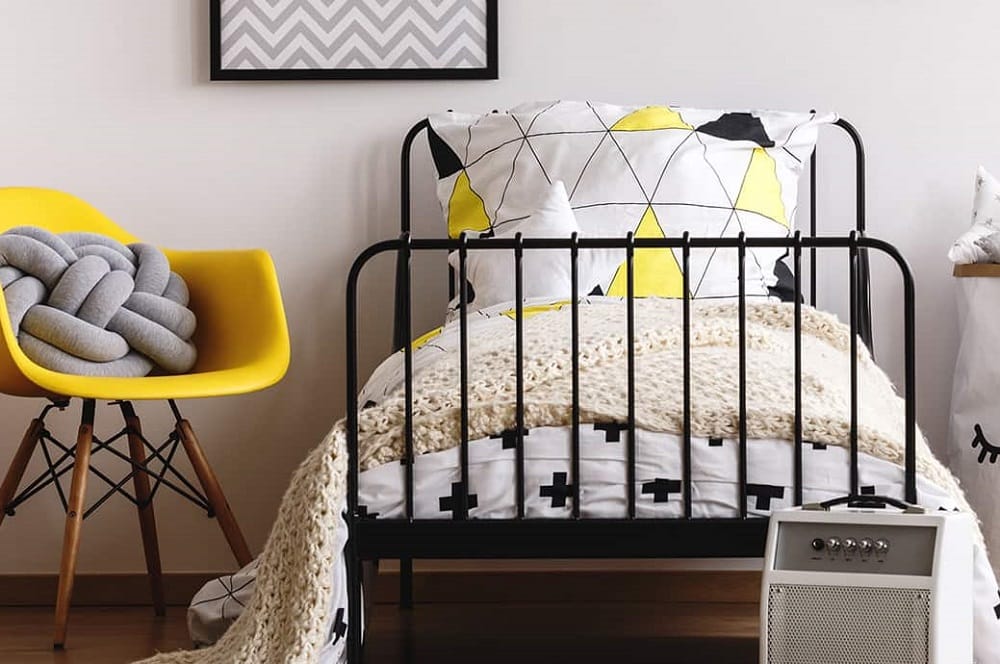Children are constantly growing both physically and mentally. Their hormones and physical makeup develop rapidly, hence why they need a good night’s sleep more than any other age group.
As such, you need a good mattress that can support your child’s posture and encourage deep sleep cycles they need to be healthy. Children can spend up to 12 hours a day sleeping, so you need a mattress that’s safe, comfortable, and free of any chemicals.
Since a good mattress can last up to 10 years, the need to find an ideal mattress can be overwhelming, but it doesn’t have to be. Here is a list of three key features you need to consider when buying a mattress for your child.
1. The Size of the Mattress
Most kids make the transition from a crib to a big bed when they’re about 2 or 3 years old. You may choose to go with your crib mattress and move it straight to your child’s bed. But for the sake of longevity, it would be a better idea to go with a twin-sized children’s mattress.
A twin-size mattress is slightly longer than a crib-size mattress and is especially convenient if you want to save on space for more stuff in your kid’s room. Since mattresses tend to last between 5 and 8 years, you want a mattress that your child can grow with.
All the same, remember to factor in your child’s size and that of their bedroom as you make your decision.
2. Does It Have a Good Support Structure
You also need to consider the comfort level provided by the mattress’s support structure. The most popular mattresses have a network of connected innerspring coils that support the body by allowing pressure points to sink in.
Innerspring mattresses are ideal for kids because their body weight is not enough to cause stress to the coils and shorten the life of the mattress. Memory foam mattresses are also a great choice since they contour to the shape of the body and last longer than coil spring mattresses.
The more expensive memory foam mattresses come with gel infusions meant to keep the sleeper calm and relaxed through the night.
3. The Material Used
Some children have allergies which makes them sensitive to synthetic materials and chemicals used to make mattresses. The allergies can trigger respiratory problems, skin irritation, and other issues that put the child’s health at risk.
For this reason, make sure you choose a chemical-free, organic mattress made from natural materials such as silk, bamboo, organic wool, cotton, or natural latex. These materials are considered hypoallergenic and breathable to ensure the child’s safety.
Make sure you read the manufacturer’s label so you can be sure of the mattress’s composition.
Choose Only the Best Mattresses for Better Sleep
Although kids have a different body build and weight compared to adults, it won’t hurt to lie on the mattress so you can know how it feels. Consider the tips highlighted above if you want to choose a mattress that will do nothing but good to your child’s body and sleep.

